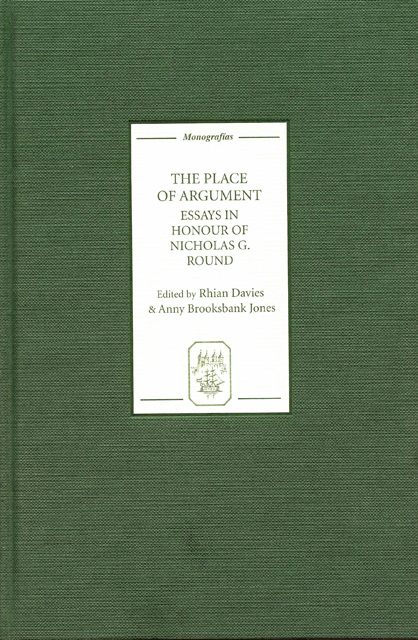The Illusion of Realism: Reflections on El amigo Manso
Published online by Cambridge University Press: 10 May 2023
Summary
In 1897 Galdós was elected to the Real Academia Española. By then, he was in his mid-fifties and had been writing novels for the best part of thirty years. The speech he made on that occasion – one of his few critical statements – was called ‘La sociedad presente como materia novelable’. On the face of it, what he has to say about the nature of the novel is disappointingly trite:
Imagen de la vida es la Novela, y el arte de componerla estriba en reproducir los caracteres humanos, las pasiones, las debilidades, lo grande y lo pequeño, las almas y las fisionomías, todo lo espiritual y lo físico que nos constituye y nos rodea, y el lenguaje […] y las viviendas […] y la vestidura […]: todo esto sin olvidar que debe existir perfecto fiel de balanza entre la exactitud y la belleza de la reproducción. (Bonet 1972: 175)
As I shall try to show, this is far from being an adequate description of Galdós’s own novels. What makes the rest of his speech interesting, though, is something rather different: the sense that it is no longer possible to write fiction in the realist mode. Galdós himself is not quite so explicit as this; what he does claim is that Spanish society – the fictional material of his title – is losing its organic structure; the extremes of the social spectrum – the aristocracy and what he calls the ‘pueblo’ – are coming to be absorbed in a large amorphous middle-class which has lost its sense of direction and is uncertain of its own image. And with this goes the disappearance of human ‘types’, the kind of people who are defined by their social function and who, in turn, reflect the nature of society. Surprisingly, perhaps, Galdós’s conclusion is fairly optimistic: the absence of ‘types’ will make individual characteristics stand out more sharply, and this will present a new kind of challenge to the novelist; and finally, he implies, we shall perhaps have to revise our notion of history as a sequence of important national events and to pay more attention to the ordinary life which escapes the history books, and which does not follow any simple pattern of cause and effect.
- Type
- Chapter
- Information
- The Place of ArgumentEssays in Honour of Nicholas G. Round, pp. 103 - 111Publisher: Boydell & BrewerPrint publication year: 2007



